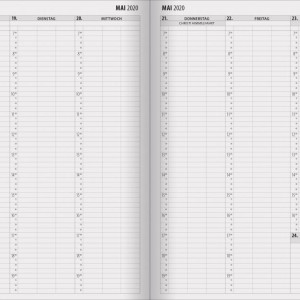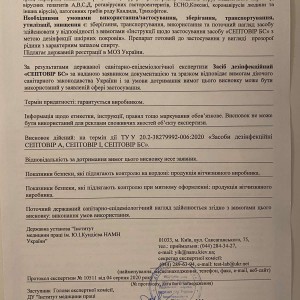discontinued
Outdated technologies: If a product is manufactured using outdated technologies or equipment, it can make its production inefficient and costly. In such cases, the company may decide to discontinue production in favor of more modern products.
Low market demand: If demand for a product decreases due to changing consumer preferences, the presence of competitors, or other factors, the company may decide to cease its production to avoid losses.
Quality issues: If a product has frequent quality or safety problems, it can lead to recalls, lawsuits, and a poor brand reputation. The company may stop producing such a product to avoid potential legal and financial problems.
Economic factors: Economic factors such as inflation, currency fluctuations, and changes in the cost of raw materials can make the production of a product unprofitable. In such cases, companies may temporarily or permanently halt production.
Strategic decisions: Sometimes companies may decide to discontinue the production of certain products as part of their development strategy. This may include a shift to other markets, products, or business directions.
Regulation and legislation: Changes in regulations and legislation can impact the production of goods. If new regulations require compliance with additional standards or procedures, it can increase production costs and lead to a decision to withdraw the product from the market.
Financial problems: If a company faces financial difficulties, it may decide to focus its resources on more profitable products and discontinue the production of less profitable ones.
These reasons can act independently or in combination. The discontinuation of products is a strategic decision that companies make based on the analysis of various factors.
































